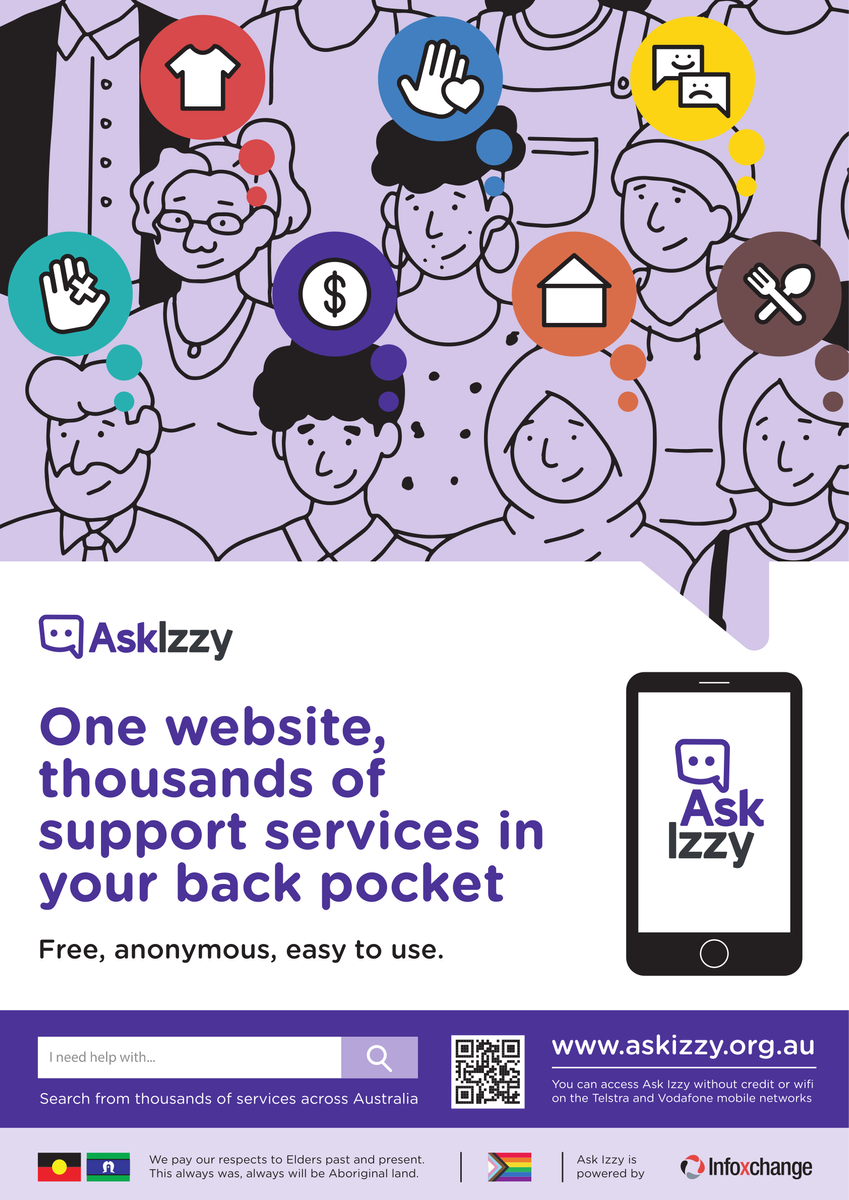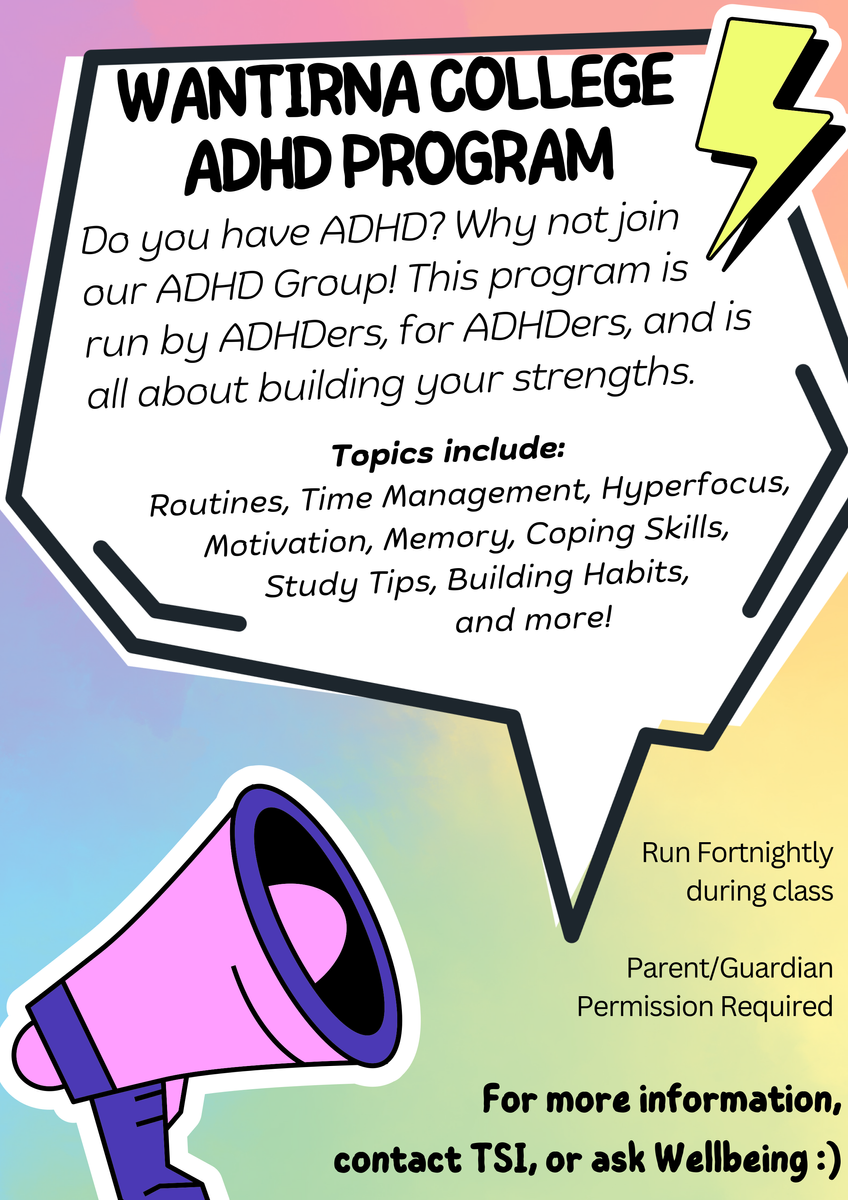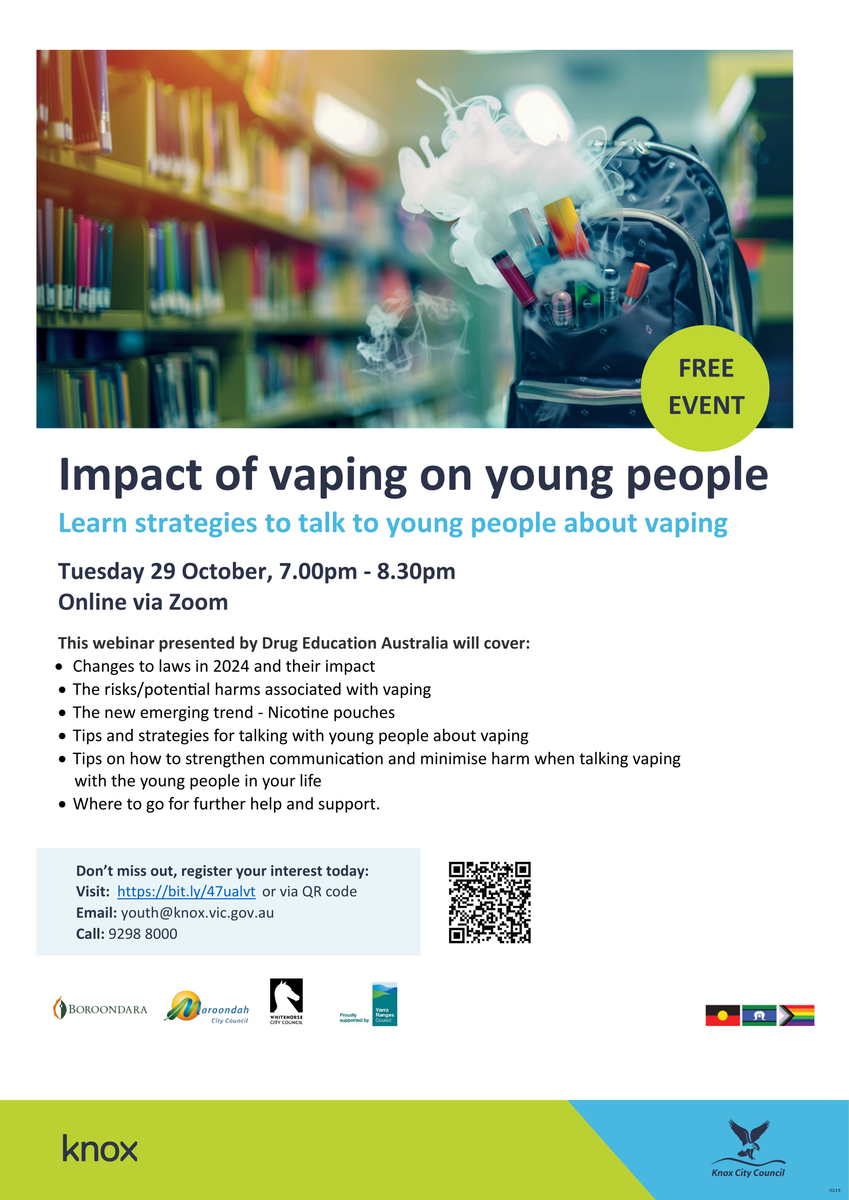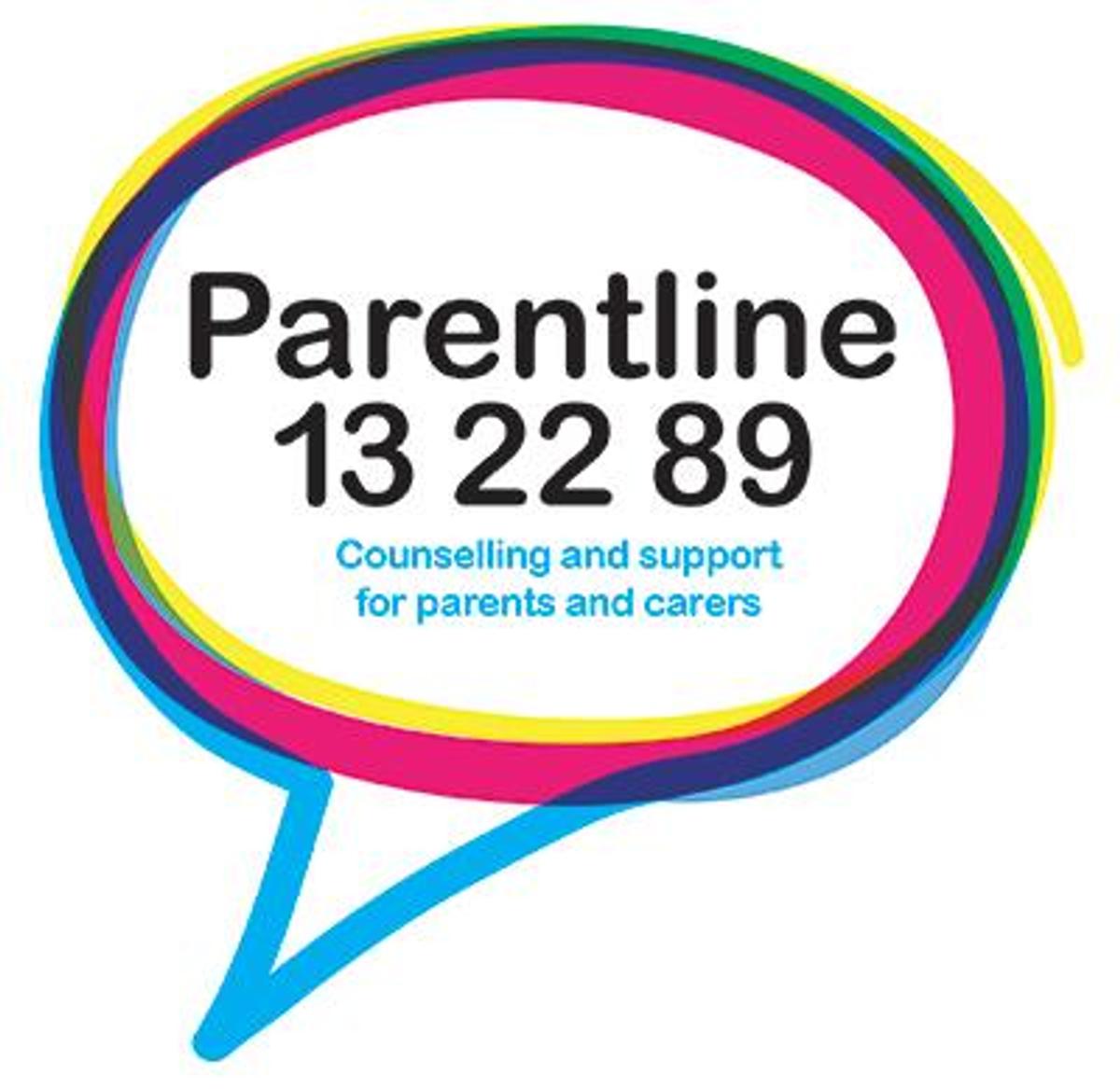Parent Wellbeing

School Refusal in Teens: Understanding Causes and Solutions
School refusal is a complex issue that may manifest when a teenager feels extreme anxiety or distress about attending school. This goes beyond the usual reluctance many teens experience, and is often a sign that your teen may be struggling with emotional, social, or psychological challenges that require attention and support. Common signs include:
- Frequent complaints of physical symptoms like headaches, stomach-aches, or feeling unwell before school.
- Displays of anxiety, panic, or even dread when discussing or preparing for school.
- Difficulty sleeping, particularly before school days, often accompanied by mood swings or withdrawal from family.
- Refusal to leave the house or refusing to get out of the car when at school.
While teens may not always voice their fears, these behaviours can signal underlying stress or anxiety about the school environment.
Common Causes of School Refusal
There are various factors that can contribute to a teen’s avoidance of school. These include:
Academic Pressure Fear of failing or struggling in classes can overwhelm students, making school a source of anxiety.
Social Issues Peer pressure, bullying, or feelings of isolation can make the school environment feel unsafe or unwelcoming.
Fear of Criticism This may be particularly intense during events such as public speaking or exams.
Major Life Changes Events such as family stress, divorce, or a recent move can contribute to school refusal.
Mental Health Struggles Anxiety, depression, or feeling overwhelmed by schoolwork can often be at the root of school refusal behaviours.
Many teens may avoid school as a way to escape these challenges or because they feel safer and more in control at home.
How Parents Can Help
Supporting a teen experiencing school refusal requires patience, understanding, and proactive strategies. Here’s how you can help:
Start the Conversation Gently open a dialogue with your teen about their feelings toward school. Use open-ended questions like, "Is there something specific about school that’s making you anxious?" or "What can we do to help make school feel easier for you?" This allows your teen to express their concerns without feeling pressured.
Validate Their Feelings Acknowledge your teen’s stress, but also emphasize the importance of attending school. For instance, you might say, “I know school feels tough right now, but we’ll work through this together.”
Establish Routines Helping your teen stick to a regular morning and nighttime routine can reduce stress. Planning ahead for the school day, such as organizing materials the night before, can make mornings less overwhelming.
Working with the School
Collaboration between parents, teachers, and school counsellors is key to overcoming school refusal. Consider the following:
Communicate with School Staff Speak with your teen’s sub school leaders, year level leaders, or school counsellors to share what’s going on and discuss potential triggers or concerns.
Utilize School Resources Explore available resources, such as engagement with wellbeing support, social and emotional programs, or inclusion, who can offer additional support.
Create a Reintegration PlanWork with the school to create a plan for gradual re-entry. This can help ease your teen back into the school routine.
Address Social Issues If bullying or peer challenges are a concern, raise this with the school to ensure a safe environment and a plan to address the issue.
When to Seek Professional Help
If your teen's school refusal continues despite your efforts, it may be time to seek professional help. A general practitioner, psychologist, or counsellor can assess whether anxiety, depression, or other mental health issues are contributing factors. Therapy can offer your teen tools to manage their emotions and help them overcome the fears surrounding school attendance.
School refusal can feel overwhelming for both teens and parents, but with early intervention, empathy, and the right support, it can be managed effectively. By working closely with the school, creating a supportive home environment, and seeking professional guidance, when necessary, your teen can overcome these challenges and gradually re-engage with their education. With patience and persistence, you can help them regain confidence and navigate this difficult period.
Knox Youth Services Newsletter
The Knox Youth Services News is a free email newsletter for young people ages 10-25 years and parents, guardians, carers, or people who work with young people. Find out about upcoming events, workshops, programs and opportunities in Knox. To subscribe, visit here: https://confirmsubscription.com/h/y/32A27D84B04D3699
Talea-Jane Simpson
Acting Leader of Wellbeing
Parent Support Services
Parentline: 13 22 89
Youth Support Services
headspace: visit headspace.org.au to find your nearest centre or call headspace on
1800 650 890.
Kids Helpline:
1800 55 1800 or kidshelpline.com.au
ReachOut: reachout.com.au
SANE Australia: 1800 187 263 or sane.org
National 24/7 crisis services
Lifeline:13 11 14 or lifeline.org.au
EACH Community Health: 1300 003 224
Knox Youth Services: 9298 8469
Suicide Call Back Service: 1300 659 467 or suicidecallbackservice.org.au
beyondblue:
1300 224 636 or beyondblue.org.au
Student Wellbeing Team
Email: wellbeing@wantirnacollege.vic.edu.au
Talea-Jane Simpson – Acting Wellbeing Leader
Courtney Moran – Acting Wellbeing Leader
Guiseppe Relia – Wellbeing Coordinator
Sanela Avdic - Wellbeing Counsellor
Tajinder Wulff - Mental Health Practitioner
Katrina Gyngell - Mental Health Practitioner







